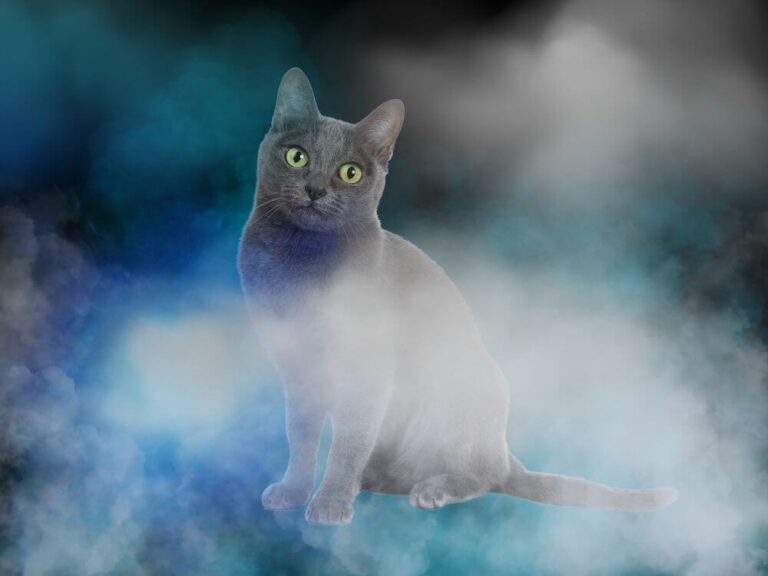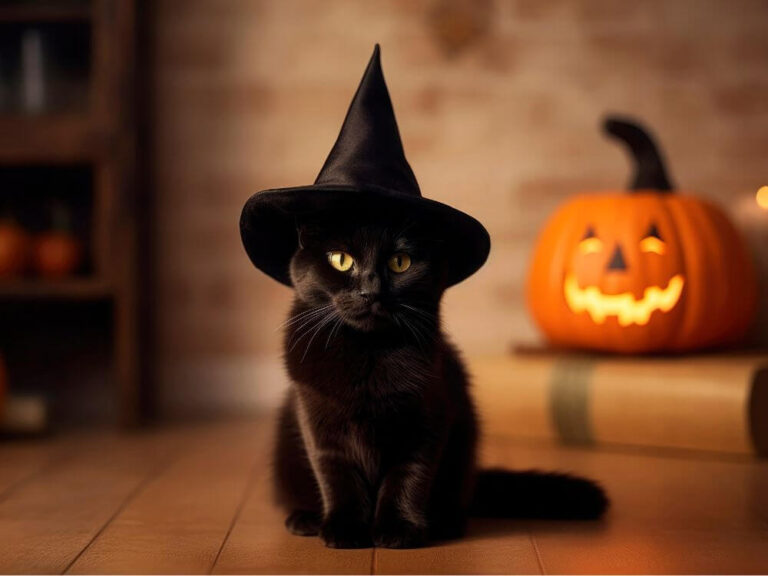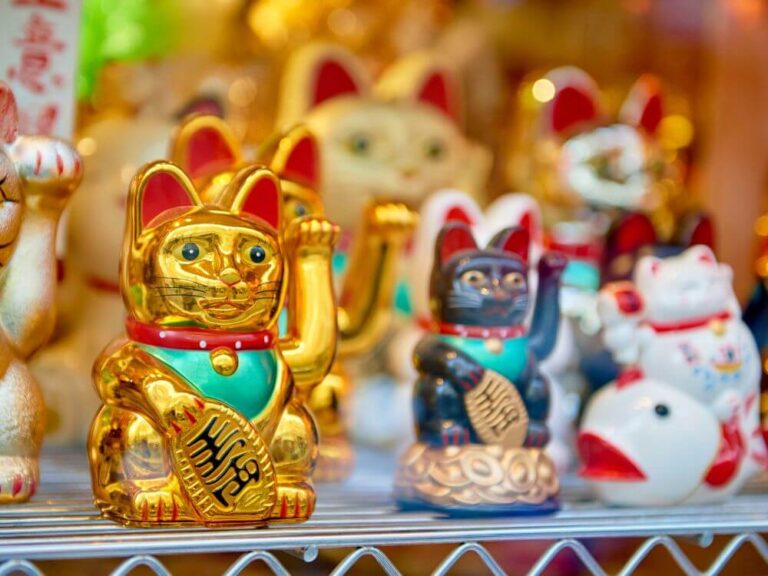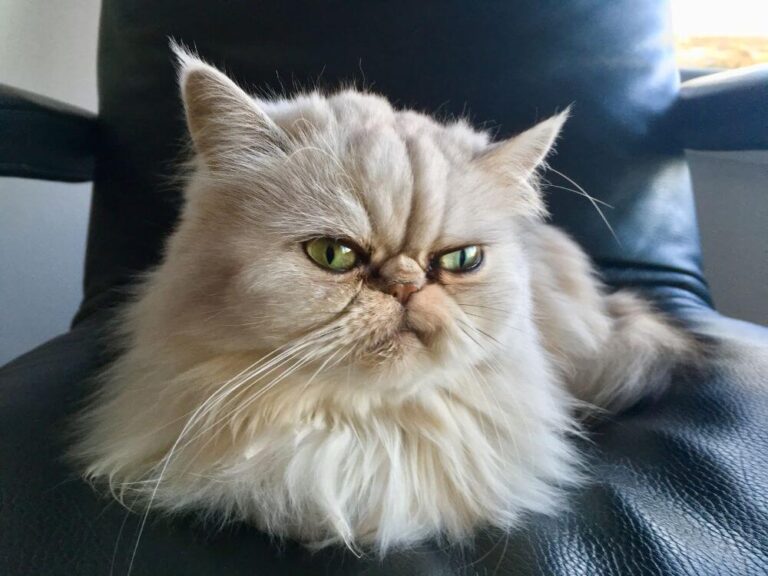Black Cats: Harbingers of Bad Luck or Bearers of Good Fortune?
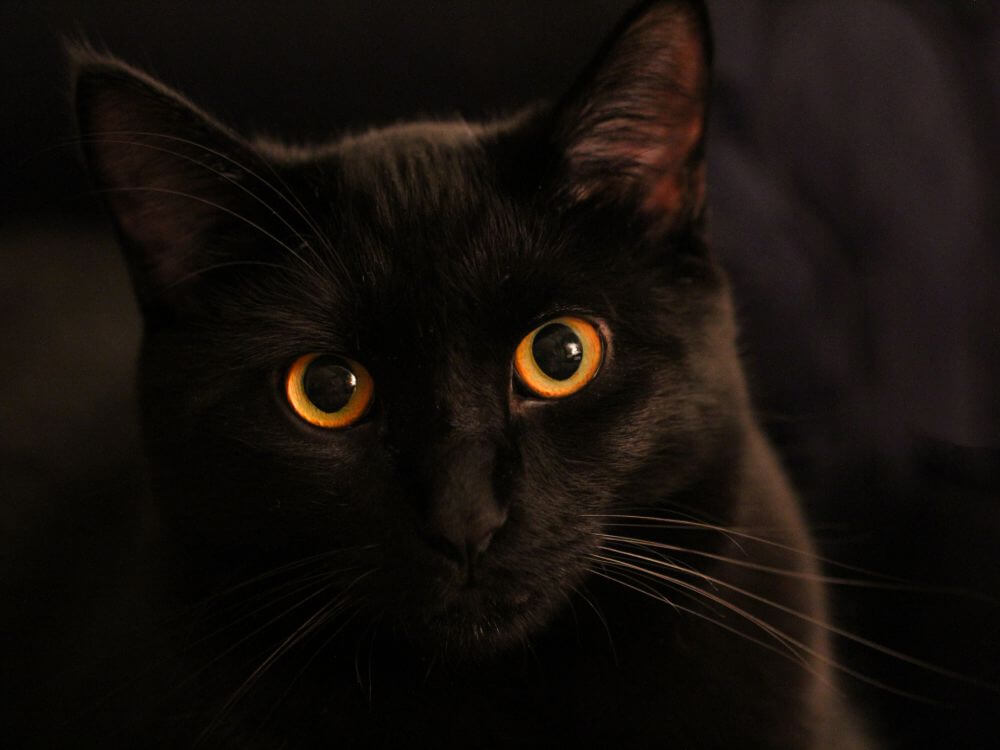
For centuries, black cats have captivated our imaginations, embodying both mystique and superstition. Across the globe, these enigmatic creatures have been seen as omens of either misfortune or prosperity. In this article, we will explore the origins of these beliefs, their impact on different cultures, and the truth behind the myth. Are black cats truly harbingers of bad luck, or are they, in fact, symbols of good fortune?
The Origins of the Black Cat Superstition
The association between black cats and bad luck is deeply rooted in history. This belief can be traced back to medieval Europe, where black cats were often linked to witchcraft and the supernatural. During the Middle Ages, fear of witches and their supposed familiars led to the persecution of black cats. People believed that witches could shape-shift into black cats to carry out their dark deeds. This connection solidified the idea that black cats were inextricably linked to evil and bad luck.
The fear surrounding black cats was so intense that they were often hunted down and killed. Unfortunately, this mass extermination of cats during the Black Death likely contributed to the spread of the plague. Without cats to control the rodent population, the disease spread more rapidly, further fueling the belief that black cats were agents of misfortune.
Cultural Variations in Black Cat Superstitions
While the notion of black cats as bringers of bad luck has been pervasive, it is not universal. In fact, different cultures have varied interpretations of black cats, with some seeing them as symbols of good fortune and protection.
In ancient Egypt, people revered cats, including black ones, as sacred animals. They often depicted the goddess Bastet, who symbolized home, fertility, and protection, as a lioness or a domestic cat. Egyptians considered killing a cat, regardless of its color, a grave offense, punishable by death. This deep reverence for cats endured in Egypt, where many believed black cats brought good luck to households.
Similarly, in Japanese culture, many view the black cat as a symbol of good luck. The Maneki-neko, or “beckoning cat,” serves as a popular talisman that brings fortune to its owner. Although the Maneki-neko often appears in white, people believe the black versions of the figurine ward off evil spirits and offer protection. In Japan, when a black cat crosses your path, it signals good fortune, a stark contrast to the Western belief.
In Scottish folklore, a black cat appearing on your doorstep is a sign of prosperity. People say that such an occurrence will bring wealth and happiness to the household. This belief further highlights the contrast in how different cultures perceive black cats.
The Evolution of Black Cat Symbolism in Modern Times
In modern times, the image of the black cat has undergone a transformation. While the old superstitions still persist in some regions, many people have come to see black cats as symbols of elegance, mystery, and even charm. Black cats have become popular figures in art, literature, and pop culture, often portrayed as sleek, independent, and intelligent companions.
Halloween often showcases black cats as part of its spooky iconography, yet many also see them as symbols of the season’s playfulness. In literature and film, creators frequently depict black cats as wise and mysterious animals, sometimes with supernatural powers, but more often as loyal and protective pets.
The internet has also played a significant role in reshaping the perception of black cats. Social media platforms are filled with images and videos of black cats that highlight their beauty, playfulness, and loving nature. These depictions have helped to dispel some of the negative stereotypes and have led to an increased appreciation for these animals.
The Truth Behind the Myth: Bad Luck or Good Fortune?
So, are black cats truly bringers of bad luck, or is it all just a myth? The answer depends largely on cultural beliefs and personal experiences. While some still hold onto the age-old superstitions, many others view black cats as symbols of protection, mystery, and even good fortune.
The idea that black cats are unlucky is based on centuries-old superstitions that have been debunked by time and reason. In reality, a cat’s color has no bearing on its ability to bring either good or bad luck. Black cats, like all cats, are simply companions who deserve love and care, regardless of the myths that surround them.
Conclusion: Embracing the Black Cat
In conclusion, the black cat’s bad luck reputation is an outdated superstition. This belief varies greatly across cultures. While some still hold onto these ideas, black cats are just as loving and loyal as any other cat. Whether you view a black cat as mysterious or a symbol of good fortune, one thing is clear. These elegant animals will continue to charm and captivate us. So, when a black cat crosses your path, consider it a stroke of luck instead of a sign of misfortune.

